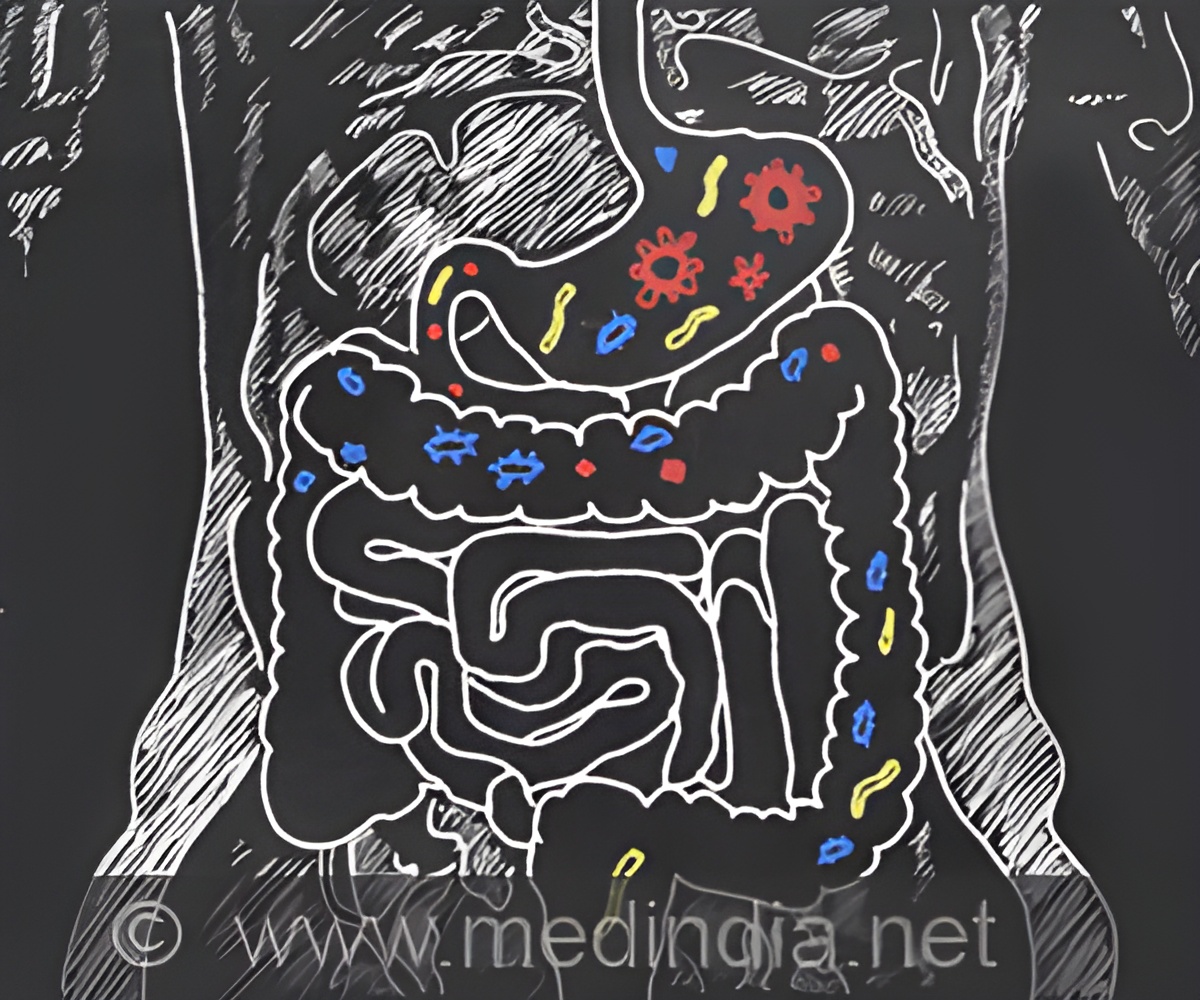
‘Exercising to improve cardiorespiratory fitness promotes gut health.’
Tweet it Now
Before now, it was understood that higher cardiorespiratory fitness tended to coincide with greater gut microbiota diversity, but it was unclear whether this relationship was attributable to body fat percentage or physical activities of daily-living. Since cancer treatment is known to trigger physiological changes detrimental to cardio-metabolic health, including increased body fat percentage and declining cardiorespiratory fitness, this research was performed on cancer survivors. In total, 37 non-metastatic breast cancer survivors, who had completed treatment at least one year prior, were enrolled. Participants performed a graded exercise test to estimate peak cardiorespiratory fitness, assessments of total energy expenditure and examination of gut microbiota from fecal swipes. The results showed that participants with the higher cardiorespiratory fitness had significantly greater gut microbiota diversity compared to less fit participants. Further statistical analyses highlighted that cardiorespiratory fitness accounted for roughly a quarter of the variance in species richness and evenness, independent of body fat percent.
These data offer intriguing insight into the relationship between cardiorespiratory fitness and gut microbiota diversity. However, given the cross-sectional nature of the study design, the research team’s findings are correlative in nature. The participant sample was restricted to women with a history of breast cancer, who tended to exhibit low cardiorespiratory fitness and other health problems, meaning generalization to other groups should be made with caution.
Stephen Carter, lead author of the paper from Indiana University, is enthusiastic about continuing his team’s research:
"Our group is actively pursuing an interventional study to determine how variation in exercise intensity can influence gut microbiota diversity under controlled-feeding conditions to uncover how exercise may affect functional outcomes of gut microbiota, as well as, studying how exercise prescription may be optimized to enhance health outcomes among clinical populations."
Advertisement
Source-Eurekalert














